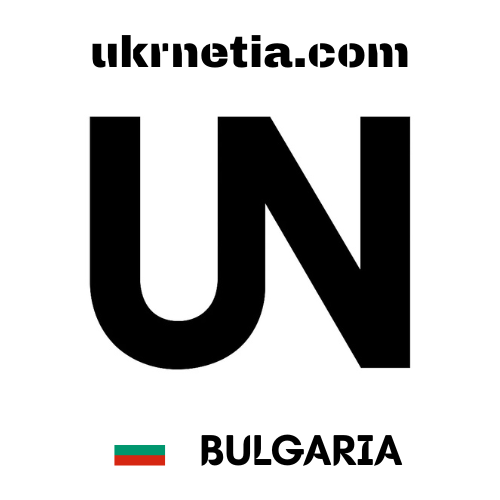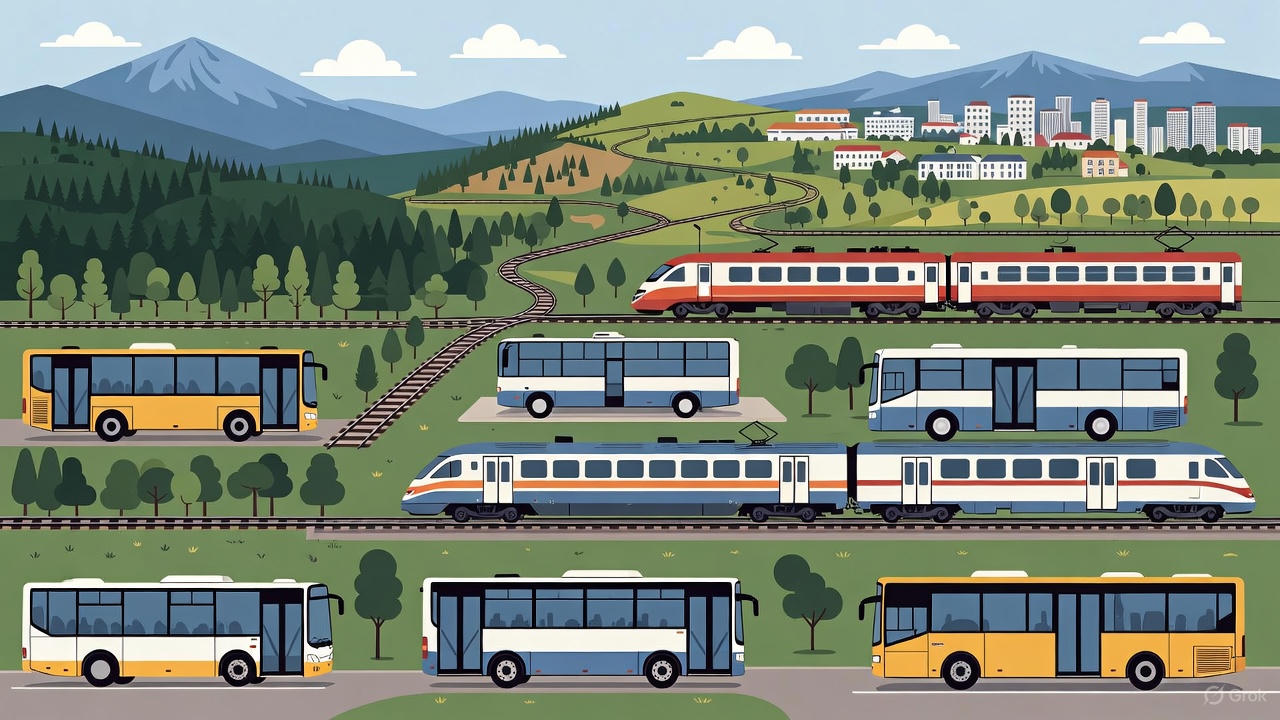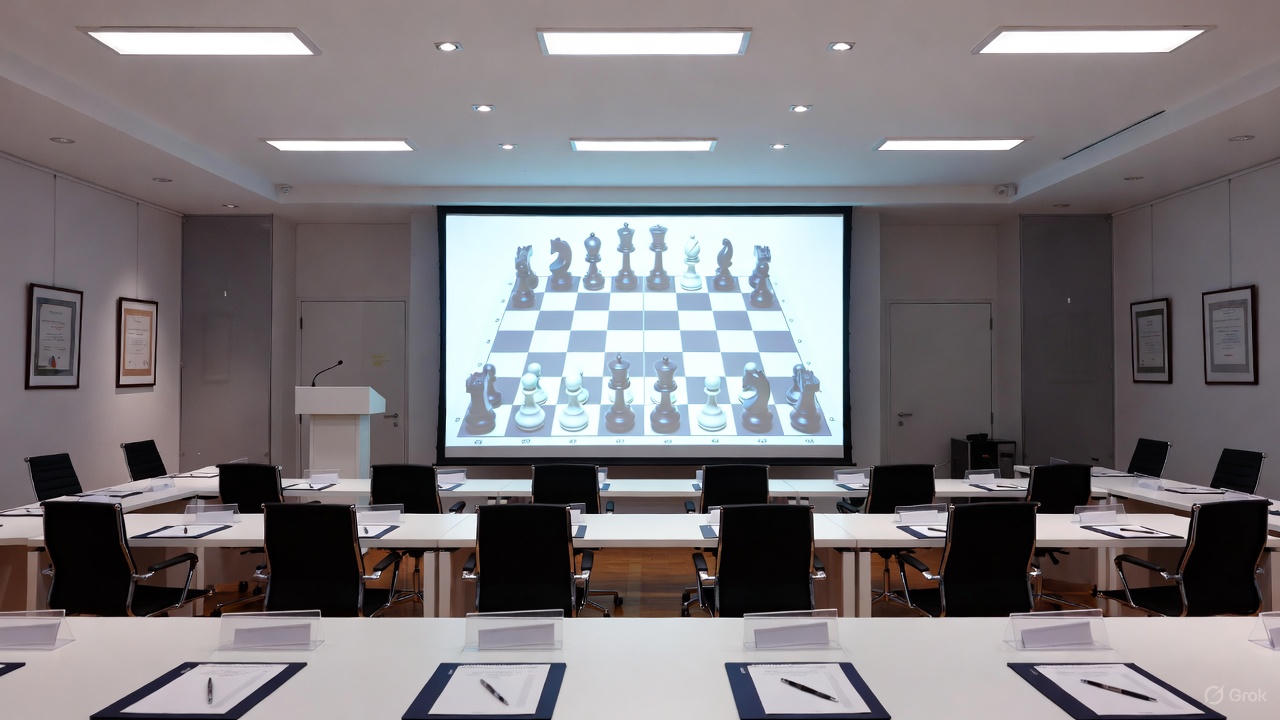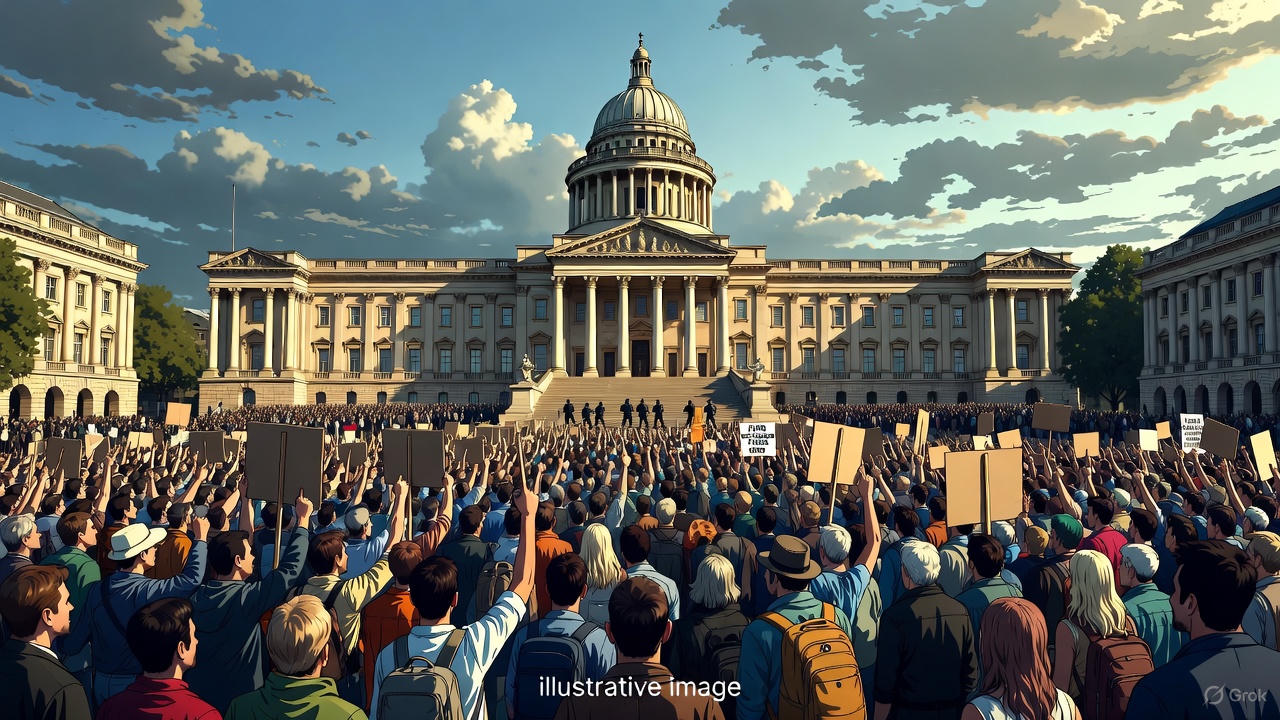Civil Society under Constraint: Bulgaria’s Proposed Ban on NGO Access to Schools
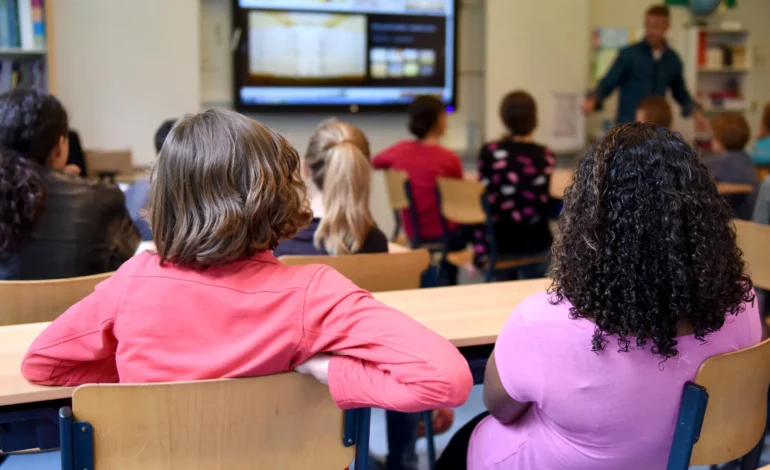
In recent weeks, Bulgaria has witnessed a controversial proposal that may redefine the contours of civic participation and educational autonomy. The government’s draft amendment to the Education Act seeks to prohibit civil society organisations (CSOs) receiving foreign funding from engaging with students in schools. The measure, if enacted, would impose fines of up to €10,000 on violators, effectively curbing the presence of non-governmental actors in educational settings. Such a legislative initiative is emblematic of a broader pattern in Central and Eastern Europe, where political elites increasingly invoke the rhetoric of “national sovereignty” to justify restrictions on external influence.
The Policy Context
The draft law emerges against a backdrop of escalating political tension and populist narratives framing foreign-funded NGOs as “agents of influence.” Similar legal mechanisms have appeared in Hungary’s 2017 “foreign agents” law and Russia’s earlier 2012 legislation targeting internationally supported organisations. In the Bulgarian context, proponents argue that the measure will “protect children from ideological manipulation,” thereby safeguarding national values. Critics, however, view it as a thinly veiled attempt to silence critical voices and stifle civic education.
From a sociological perspective, this development reflects the growing instrumentalisation of education as a site of ideological contestation. Schools, traditionally conceived as neutral spaces for intellectual and moral development, are increasingly being drawn into the political fray. The proposed restrictions could erode the pluralism that underpins democratic discourse and deprive students of opportunities for exposure to global perspectives on issues such as environmental protection, gender equality, and human rights.
Theoretical Implications
The move can be examined through the lens of civil society theory, particularly the work of Jürgen Habermas and Robert Putnam. Habermas’s concept of the public sphere—a realm of social life where public opinion is formed—suggests that the exclusion of NGOs from educational environments diminishes the communicative space necessary for democratic deliberation. Putnam’s notion of social capital also becomes relevant: by discouraging cooperation between civil and educational institutions, the state risks undermining trust networks essential for civic engagement and collective action.
Moreover, the initiative resonates with the theoretical framework of illiberal democracy proposed by Fareed Zakaria (1997). While formal democratic procedures remain intact, substantive democratic values—such as freedom of association and participation—are curtailed. This “hollowing out” of democracy often proceeds under the guise of defending national identity, yet it paradoxically weakens the very social cohesion it claims to protect.
Societal Implications
Beyond theory, the tangible implications for Bulgarian society are profound. A generation of students may grow up with diminished exposure to independent civic initiatives, leading to a narrowing of public discourse. NGOs have long played a critical role in Bulgaria’s post-1989 transformation—addressing gaps in education, environmental sustainability, and minority inclusion. Restricting their participation in school life could reinforce social apathy and discourage youth engagement in democratic processes.
Furthermore, the proposed fines represent not merely administrative deterrents but symbolic acts of intimidation. The financial penalties may compel smaller organisations to self-censor or withdraw entirely from public life, creating a chilling effect across civil society. Such a development would signal a regression in Bulgaria’s democratic maturity, raising questions about the state’s compliance with EU principles of freedom of association and pluralism.
Endnotes on Democracy and Dialogue
The proposed ban on foreign-funded NGOs in Bulgarian schools stands at the intersection of politics, education, and democracy. It epitomises the tension between national sovereignty and transnational civic engagement that defines the current European political landscape. While framed as a protective measure, the policy risks undermining Bulgaria’s democratic resilience and curtailing the participatory ethos essential for an open society. If democracy is to thrive, schools must remain spaces of dialogue rather than dogma—arenas where the next generation learns not only what to think, but how to think.
References
-
EUobserver. (2025, November 11). Bulgaria mulls banning civil society from speaking to students. Retrieved from https://euobserver.com/rule-of-law/ar4f2705b1
-
Habermas, J. (1989). The Structural Transformation of the Public Sphere. Cambridge: Polity Press.
-
Putnam, R. D. (2000). Bowling Alone: The Collapse and Revival of American Community. New York: Simon & Schuster.
-
Zakaria, F. (1997). “The Rise of Illiberal Democracy.” Foreign Affairs, 76(6), 22–43.
-
Bulgarian Education Act (proposed amendment draft, 2025). Ministry of Education and Science, Republic of Bulgaria.
